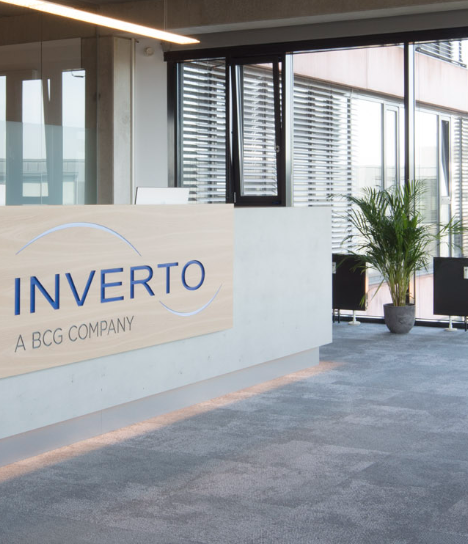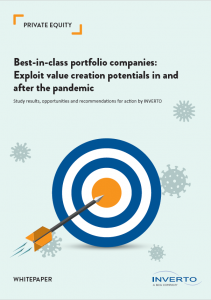LONDON, September 20 – Compared to the first study of 2019, the PE companies intensified activities in the so-called bottom line, i.e. they dealt with cost reductions and working capital management. This is not surprising: While top-line activities usually are associated with investments, bottom-line measures rarely require initial expenditures. Therefore they have a direct positive impact on profit and liquidity.
Especially in the procurement departments, it became apparent that private equity companies expected their portfolio companies to reduce costs quickly: This is achieved, for example, by bundling, renegotiating or re-tendering requirements. Here, private equity companies sometimes also act on a cross-company basis, for example by making supplier pools jointly available to all of their companies or by bundling the requirements of several companies in their portfolio in order to realise more favourable prices.
However, the effect of these quick fixes is limited, warns Jens Kiebler, Principal and Private Equity Expert at INVERTO. “To optimise costs beyond that, companies should also work with more sophisticated concepts,” he advises. Examples include demand management, a precise analysis of all requirements, or technical respecification, in which expensive raw materials are replaced by cheaper but technically equivalent alternatives.
The successes that procurement departments achieve with their measures vary greatly among the study participants. The value contribution for the respective company ranges from 2.5 to over 10 per cent. The best results were achieved by those buyers who had clear targets and also consulted external experts. PE companies should therefore set ambitious but realistic targets for their portfolio companies and additionally use external capacities to optimise costs.
In addition, intelligently deployed digital solutions can increase the performance of procurement. Here, 51 percent of the respondents see further potential that has not yet been exploited.
Compared to the first study, PE companies have shifted their focus more towards sectors such as professional services and pharmaceuticals – both areas that are not as cyclical as manufacturing. Industrial goods are still among the top three investment targets, but now account for only 37 per cent (2019: 54 per cent, number 1).
Sustainability criteria have not lost any of their importance. 55 percent of the respondents say that the so-called ESG criteria (Environment, Social, Governance) play an important role in investment decisions and that this has not been affected by the pandemic. “It is no longer possible to imagine strategies without sustainability. That is why private equities should also align the goals and activities of procurement with the ESG agenda of their portfolio companies,” recommends Jens Kiebler.
Study design
For the new edition of the study, INVERTO interviewed 55 experts from private equity companies. The majority of the investment focus is on Central and Western Europe, around one third of the respondents also invest outside Europe. Companies managing portfolios worth between 100 million and ten billion euros took part. A whitepaper includung study results and recommendations for action can be downloaded free of charge.
Contents of the Private Equity Whitepaper:
- Impact of the pandemic on portfolio companies
- Momentum for top-line and bottom-line measures
- Operational value creation: The role of procurement in the crisis
- Top-performing portfolio companies before the pandemic
- Operational excellence: How the wheat is separated from the chaff in procurement

